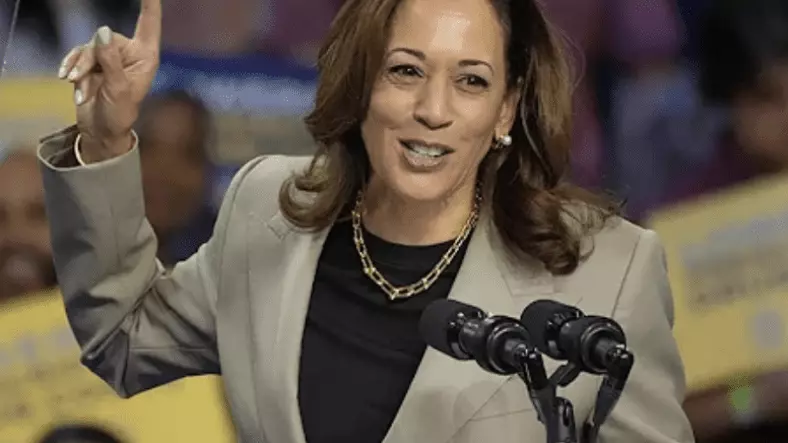Democratic presidential candidate Kamala Harris’ proposal for increasing home ownership and tackling alleged price gougers is under scrutiny as critics argue that it relies too heavily on big government intervention. The plan includes providing up to $25,000 in down payment support for first-time homebuyers, with more generous benefits for first-generation homeowners.
Additionally, Harris aims to create 3 million new housing units and introduce tax incentives for building starter homes. She also plans to address rent issues by confronting corporate and large landlords, as well as preventing Wall Street investors from buying up properties in bulk. To further support local governments in addressing housing supply challenges, a $40 billion fund will be introduced, building upon the previous $20 billion proposed under President Joe Biden’s regime.
However, critics argue that this proposal is an example of large-scale economic interventionism and highlights the government’s continued disregard for the lessons learned from past housing market failures. They argue that extending mortgages to economically questionable individuals was a major contributor to the 2008 housing crash, and Harris’ plan seems to be doubling down on this failed approach.
Furthermore, imposing price controls is seen as a violation of basic economic principles. When prices are artificially kept low, supply does not meet the increased demand, leading to shortages. Instead of government intervention, critics suggest alternative methods for addressing price gouging, such as using investigative journalists and independent organizations to highlight questionable corporate practices. This approach would encourage consumers to vote with their wallets, without needing heavy-handed government regulation that may cause additional problems.
In conclusion, Kamala Harris’ proposal for housing market interventionism and fighting against alleged price gougers raises concerns among critics who believe in the power of free-market mechanisms and sound money policies. Such measures can help put America back on a path towards prosperity while avoiding the pitfalls of overbearing government involvement in economic affairs.

